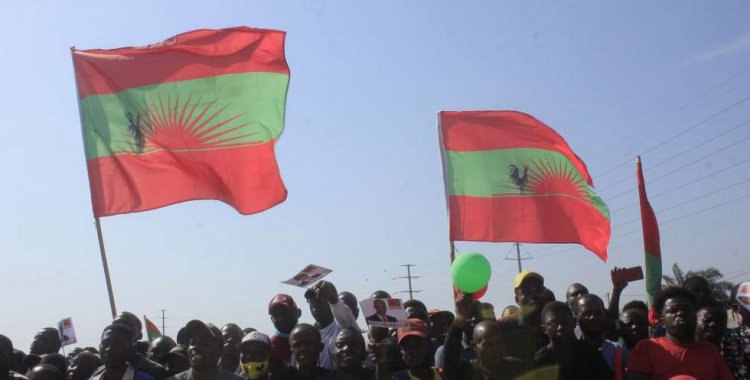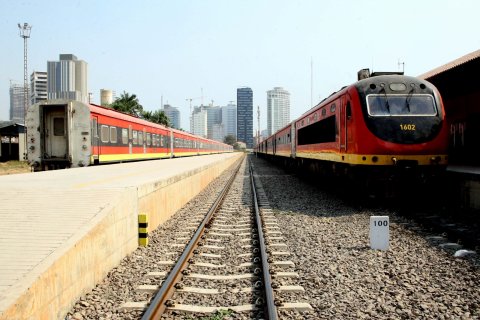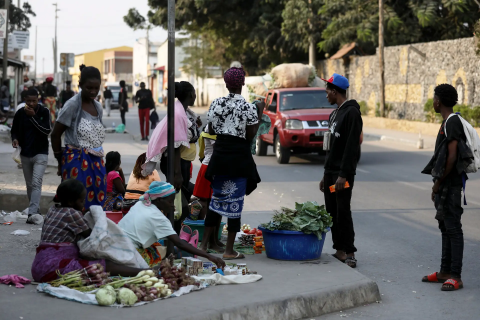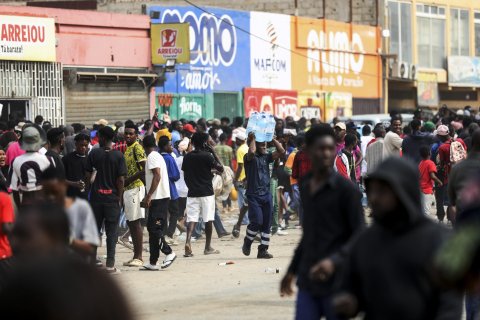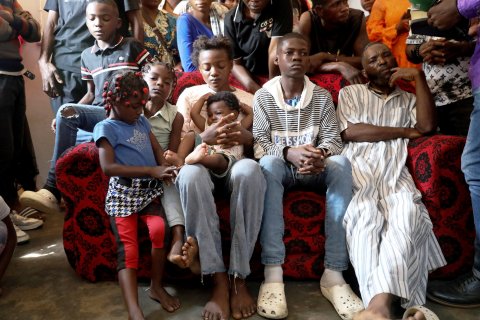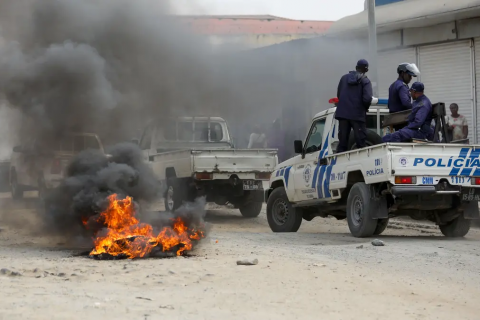Authorities announced last weekend that they had dismantled a subversive group that aimed to attack strategic targets during former US President Joe Biden's visit to the country and overthrow the regime.
In a press release issued this Thursday after an extraordinary meeting of the Standing Committee of the Political Commission of the National Union for the Total Independence of Angola (UNITA), the party "vehemently" denounces all efforts to plunge the country into instability and condemns those who are capable of "fabricating coups d'état" in their "permanent desire to perpetuate themselves in power".
The "Galo Negro" party alludes to the news pieces recently shown on Angolan Public Television, including interviews with the alleged leader of the group, which it classifies as "staged" that disrespect the presumption of innocence and violate citizenship rights "with the aim of manipulating minds".
Referring to "old ghosts of exposing and combating opposition leaders using state terrorism", UNITA's statement points to other cases in which it considers that the Angolan regime invented coup d'état scenarios to achieve its objectives, such as the coup d'état of 27 May 1977, which resulted in the deaths of tens of thousands of Angolan citizens; the hundreds of deaths that occurred on Mount Sumi, against a religious sect; and the case of the 15+2.
UNITA also criticizes "the censorship regime installed within the state media", demanding that the activities of political forces in the opposition and the opinions of their leaders "be part of the news agenda".
On the other hand, the party praises the leaders of civil society, churches and socio-professional institutions "for the maturity shown in denouncing the instrumentality and rudeness with which agents of the regime party infiltrated in the institutions have sought to manipulate public opinion with a view to perpetuating the current governance" of the Popular Movement for the Liberation of Angola (MPLA).
UNITA also refers to the events in the Democratic Republic of Congo (DRCongo), warning the President of the Republic that if it is necessary to send a contingent of the Angolan Armed Forces, "it should be done in strict compliance with the Constitution of the Republic of Angola".
Finally, it urges the United Nations, the African Union and the International Conference on the Great Lakes Region "to work towards re-establishing peace in that region, which has been troubled by decades of unresolved cyclical conflicts and to address the humanitarian crisis".

